Top 6 Egypt Culture, Customs and Etiquette
Egypt Culture and Tradition are the core of the Egyptian society that provides a unique experience for every traveler. The goal of this article is to provide ... read more...every traveler with all the information and skills need to fully understand the culture and traditions of Egypt. Across a history of more than 4500 years; was able to evolve as an advanced intelligent civilization that learned how to innovate and fuse the culture & traditions of other nations both allies and invaders into one being in order to build the ideal liberal society composed of multiple ancient cultures and ethnic tradition that they're able to survive till their current modern day. Today Egypt is like an immortal time capsule that immerses its visitors into a dimension filled with various traditions, customs, history of ancient civilization, and ageless wonders.
-
Egypt is known for its "everyday piety." The central Islamic belief is in the oneness of God, the truths of which were revealed through the prophet Muhammad. One of the religion's five pillars is the statement of this basic profession of faith. The Ramadan fast, pilgrimage to Mecca, five daily prayers, and almsgiving are the other four. These five pillars represent the belief system and practices of many Muslims. The concept of God and his power is frequently invoked by Egyptians. Any statement about the future, for example, is likely to include the phrase "God willing," indicating that the ultimate determination of the intention rests with God.
Other elaborations are possible in Egypt. For those who see God as all-powerful, religious practice entails seeking God's assistance in overcoming problems and seeking favorable outcomes, such as recovery from disease or misfortune. Around this idea has grown a set of practices involving visits to shrines, often where individuals thought to be God's beloved are buried, in order to seek their intercession with God. The most important of these shrines are those associated with the prophet Muhammad's family in Cairo. However, every village and town has such shrines, varying in importance. Religious purists frequently criticize this form of religion, claiming that placing so much emphasis on these "saints" undermines God's oneness.
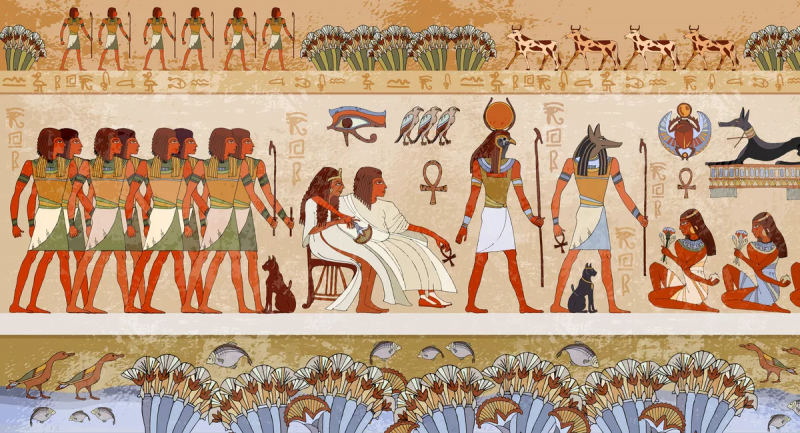
garstangmuseum.wordpress.com 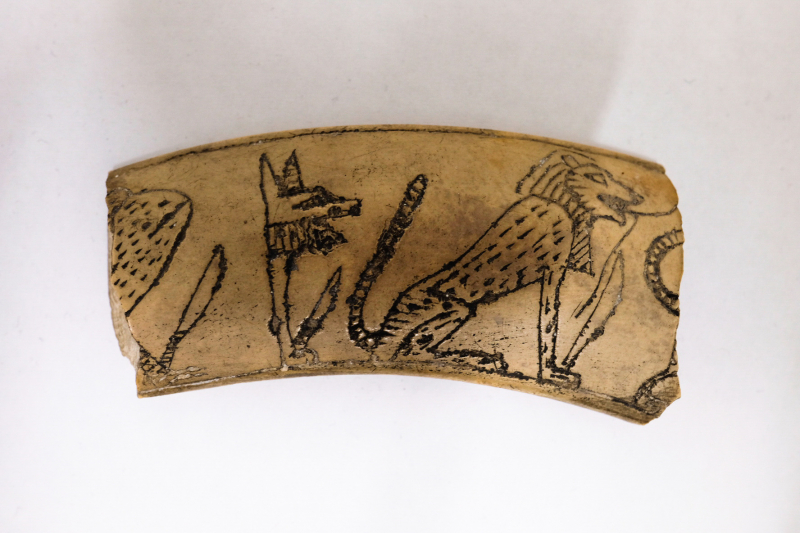
garstangmuseum.wordpress.com -
Civilization literature ranked high among all fields. Great works were written on papyrus or on the walls of temples, tombs, pyramids, obelisks, portraits, and monuments in ancient Egypt. These works of art endured for centuries. Many governments and civilizations vanished and others appeared over time, but the ideals of ancient Egyptian literature have survived to the present day. Furthermore, ancient Egyptian literature was central to the folklore of many nations. This demonstrates how elevated ancient Egyptian moral and literary perceptions were, even before divine religions were revealed or great literary masterpieces were known to the world.
Ancient Egyptian literature arose and developed in the midst of religious beliefs, but it quickly evolved to deal with man's everyday life. Literary works held a prominent place in ancient Egyptian thought and civilization. The ancient Egyptians saw literature as a source of spiritual nourishment as well as a unique way to elevate expression style. The writer took pride in his or her refined literary style, and the reader took pleasure in it. Almost every aspect of life was addressed in ancient Egyptian literature. Novels, short stories, poetry, folkloric tales, proverbs, wise sayings, moral teachings, philosophical meditations, and literary messages were all classified as genres. The latter were divided into the following sections: title, introduction, body, and conclusion.
Literary debates featured opposing parties presenting arguments and counter-arguments. Aside from description of nature, ancient Egyptians wrote plays, dramatic poetry, songs, religious hymns, and love poetry, as well as panegyrical poems to glorify their kings and their glorious battles, and songs for workers, farmers, and others to be sung in parties.
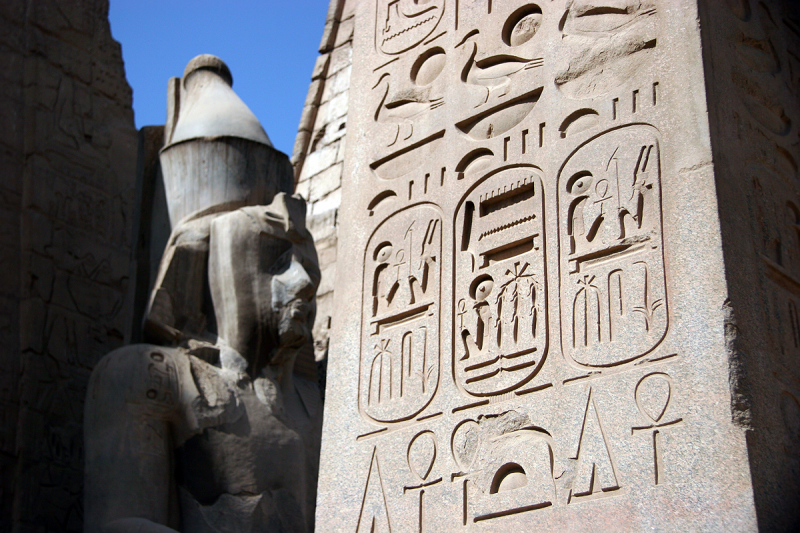
en.wikipedia.org 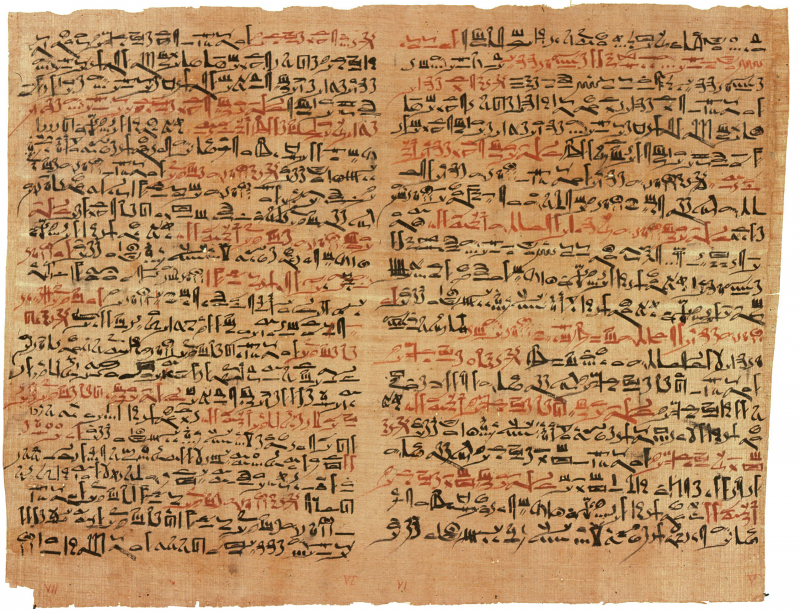
literaturerun.wordpress.com -
Food in Everyday Life Eating is an important social activity that is used to commemorate special occasions and ceremonial occasions. The bread loaf is the most important food item in daily life. Bread is traditionally baked at home by women in mud ovens. Bread is sold in bakeries in cities. The government strictly regulates the weight and size of the standard loaf.
The indigenous cuisine heavily relies on legumes. The most popular national dish is foul. This is a slow-cooked dish of fava beans seasoned with salt, lemon, cumin, and oil. It is typically consumed for breakfast. Tamiyya, or falafel, is another popular dish made from crushed fava beans mixed with onions and leeks and fried in oil. Koshari, a dish of rice, black lentils, and macaroni topped with tomato sauce and garnished with fried onions, is also popular. These dishes are prepared at home, but they are also available in stalls throughout Cairo.
The seating and service of food is one major difference between traditional, usually rural, and urban middle-class eating habits. People in villages sit on a carpet, and food is served on a low round wooden table. Everyone has a spoon and eats directly from the service dish. People in cities sit on chairs around Western-style dining tables. Everyone has their own plate, spoon, fork, and knife. In rural areas, the main meal is served after dark; in urban areas, it is usually served in the late afternoon, after office workers have returned home.
Orthodox Copts break their fast on the eve of both Christmas and Easter with a variety of beef and poultry dishes. Cookies similar to those prepared for 'Id al-Fitr' are one of the main food items that mark the feast. Sham al-Nassim (Easter Monday) is distinguished primarily by a breakfast of salted fish, spring onion, lettuce, and colored eggs, which is eaten outside in gardens and open areas. This festival is celebrated across the country in almost every region and by people of all social classes. It is the spring and harvest festival of ancient Egypt.
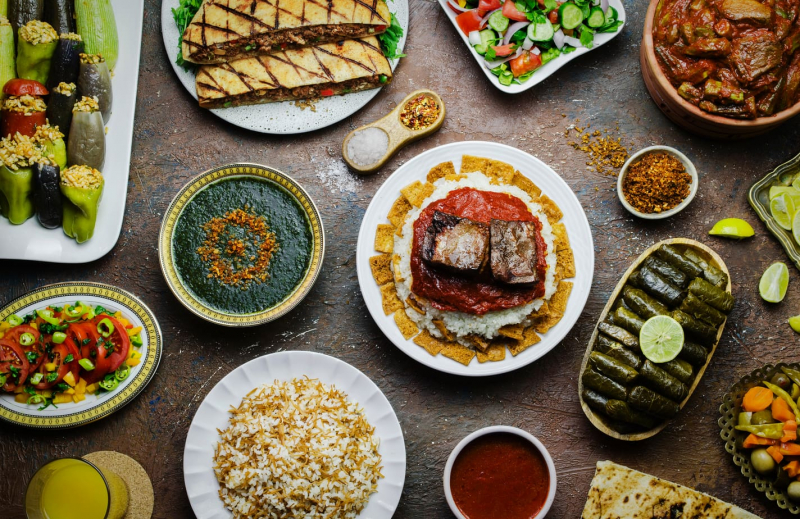
amazingglobaltravel.com 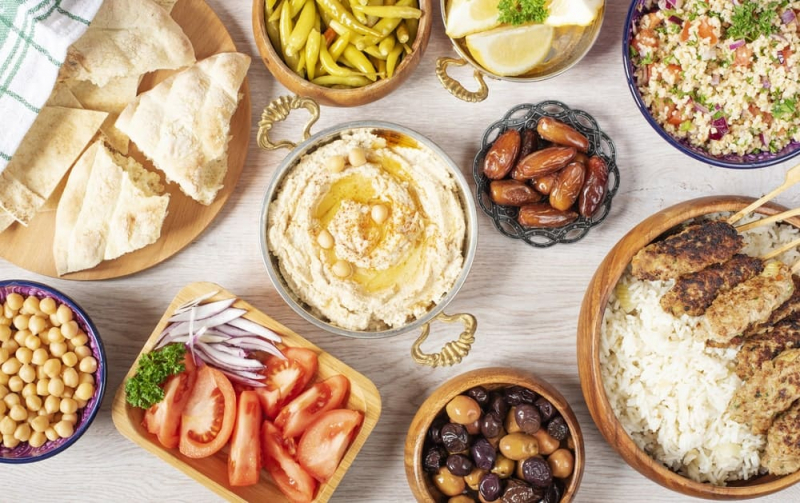
travelpassionate.com -
Both Muslims and Christians regard fasting as a spiritual exercise. The Muslim fast entails fasting from sunrise to sunset, most notably during the lunar month of Ramadan (either twenty-nine or thirty days). Some particularly devout Muslims also fast on other days in the Islamic calendar, such as the days commemorating the prophet Muhammad's birth or his miraculous "Night Journey," the days representing the lunar month's midpoint (days thirteen, fourteen, and fifteen), or every Monday and Thursday. As a result, nearly half of the days in the year are considered fasting days by some. Almost all Egyptian Muslims fast during Ramadan, with a smaller number participating in voluntary fasts.
Egyptian Christians can theoretically fast for a longer period of time. The number varies, but it includes more than 200 days per year, mostly during the Christmas and Easter seasons, as well as the Wednesdays and Fridays of each week that are not fasting days. Fasting as a Christian entails abstaining from meat, fish, eggs, milk, butter, and cheese. One theme of fasting in the Christian tradition is the dominance of the mind over the body and emotions in order to achieve greater purity.
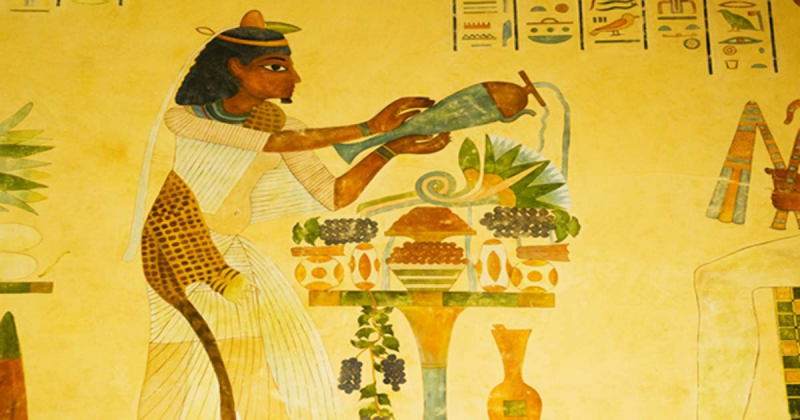
eng.majalla.com 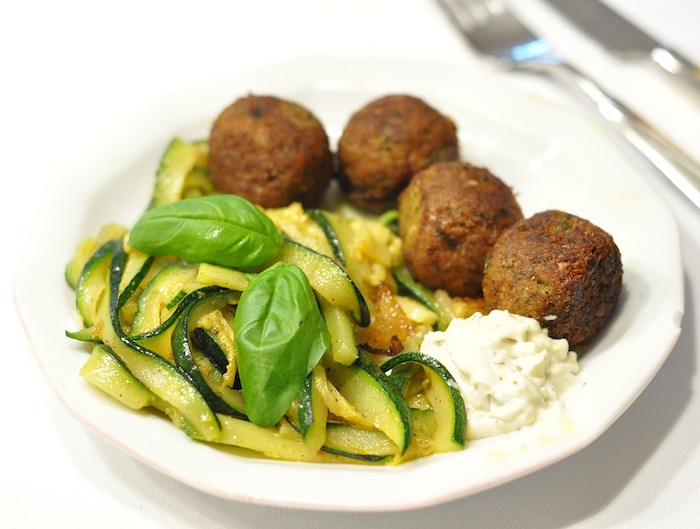
worldtravelconnector.com -
In Egypt, public modesty in dress and manners is highly valued. The dress code that affects women more than men requires clothing to cover the entire body except for the hands and face. For women, this most obviously means wearing a headscarf that covers the hair and ears and is clipped under the chin, although there are other styles that range from simply covering the hair to completely covering the face. In this sense, the veil existed in Egypt, but the situation was very volatile, with a lot of upheaval. Many women choose not to wear the veil. In modern Egypt, what is appropriate, mandatory or necessary is hotly debated.
The reasons for face coverings vary widely, from those who believe it is a requirement of Islam to those who cover themselves mainly to please their male and female relatives. Men are also encouraged to dress casually, although the changes are not too dramatic, such as wide-leg pants and long-sleeve tops. The rule for both men and women is that clothes must cover the flaws of the body.
Another rule of etiquette is that greetings must come before any form of social interaction. Anyone who joins a group, even if they are strangers, must greet those already present. Handshakes are expected in less anonymous situations. Hugs are another common form of greeting, usually between members of the same sex. People are often referred to by their specific name, often followed by a title ('am, or uncle, is a title for males; others include hajj for a pilgrim returning from Mecca. or simply for an older man, duktor for a doctorate and muhandis for an engineer). It would be impolite to just address someone by their first name.
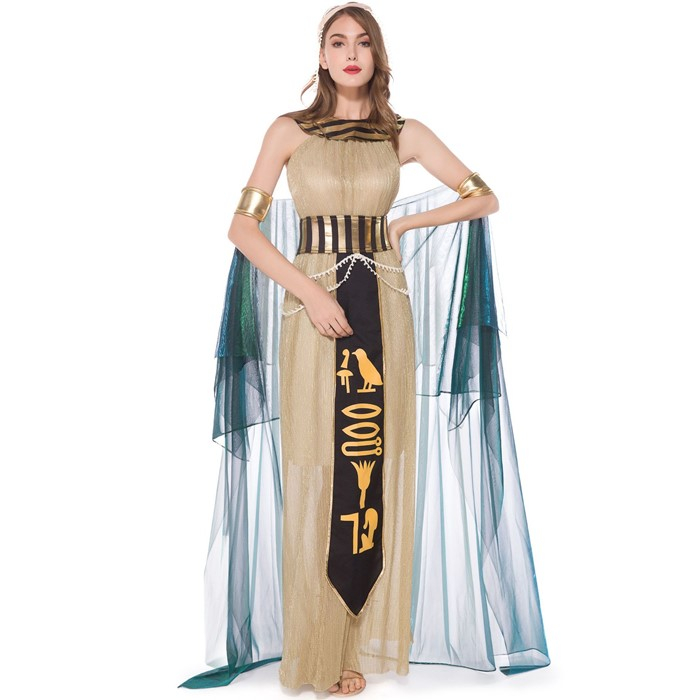
dientungaynay.vn 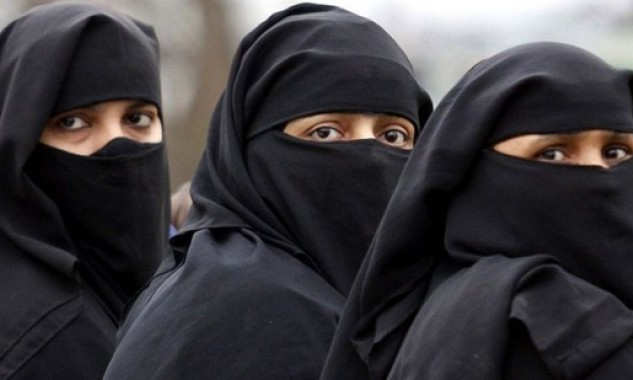
dientungaynay.vn -
As a presumed-rich khawaga (foreigner), you are expected to be generous with baksheesh, which is classified into three types. The most common is tipping: a small reward for a small service – anything from waiter service to unlocking a tomb or museum room. Strike a balance between defending your own wallet and gracefully acquiescing when necessary. It's pointless to get upset or offended over sums that are insignificant to a Western tourist but are critical to people's livelihoods in a country where many people live on less than £50/$75 per month.
Typical tips include £E1-2 for looking after your shoes while visiting a mosque (though congregants rarely tip for this), or £E5-10 for opening a door to allow you to enter a building or climb a minaret. In restaurants, you do not usually leave a percentage of the bill: typical tips (regardless of whether the bill claims to include "service") are as little as £E3 in an ultra-low-cost establishment such as a kushari joint, £E3-5 in a typical low-cost restaurant, or £E10-25 in a more upscale establishment. Customers typically leave tips of £E1-2 in a café and 50pt-£E1 in a juice bar.
A more expensive and common type of baksheesh is for rewarding rule breaking - many of which appear to have been designed specifically for that purpose. Allowing you to enter an archeological site after hours (or into a vaguely restricted area), finding you a sleeper on a train when the carriages are "full," and so on are examples. This is not to be confused with bribery, which is a more serious business with its own etiquette and risks that should be avoided.
The final type of baksheesh is simply almsgiving. Giving money and goods to the poor is a natural act for Egyptians, as well as a requirement of Islam. The disabled are traditional recipients of such gifts, and it seems appropriate to join the locals in dispensing loose change. Children, on the other hand, are a different story, making demands only on tourists. If someone offers genuine assistance and requests an alum (pen), it seems reasonable, but giving in to every request encourages a cycle of dependency that Egypt could do without.
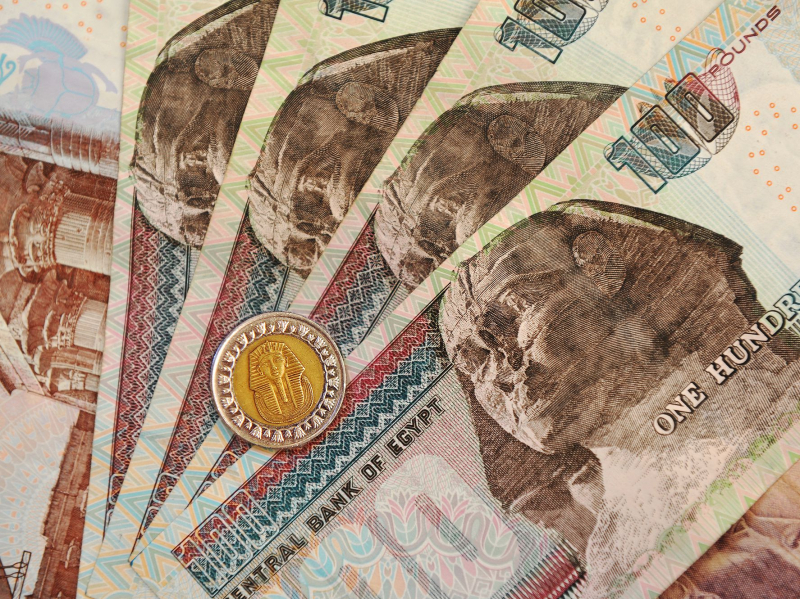
commisceo-global.com 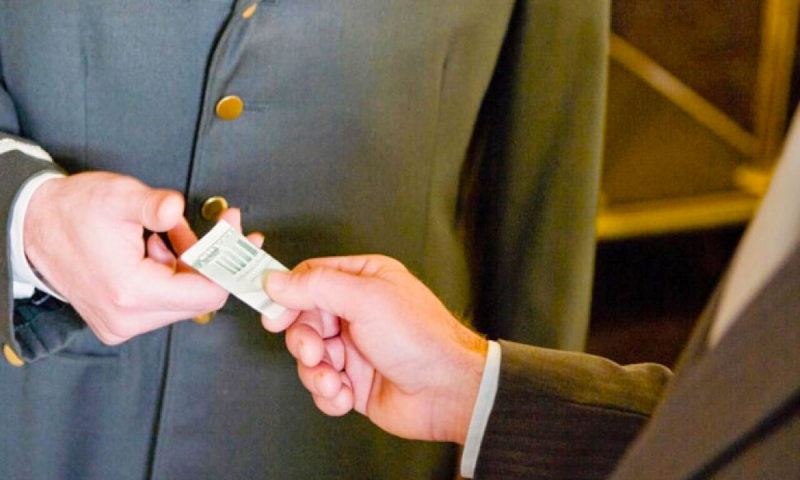
commisceo-global.com




























